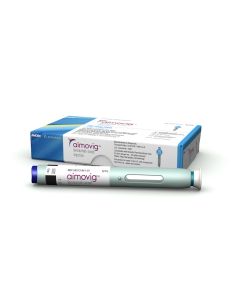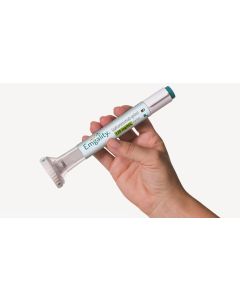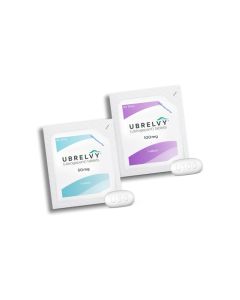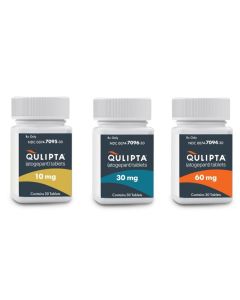Migraine access options
A migraine is a moderate to severe headache described as a beating pain on one side of the head. It can be accompanied by other symptoms, including sensitivity to sounds and light, or feeling sick (nausea, vomiting). Although the exact causes of migraines are still unknown, multiple studies have confirmed that release of calcitonin gene-related peptide (CGRP) is increased during acute migraine attacks. The inhibition of CGRP and its receptor has proved effective in migraine pain relief, which suggests that it does contribute to the onset of a migraine. Migraine attacks are usually different for different people and can vary also from attack to attack for the... Read more » same person. Usually these 3 main types of migraine are distinguished: Migraine with aura, Migraine without aura, Migraine aura without headache, known also as silent migraine. The ‘aura’ of a migraine refers to sensory disturbances, that can include a wide range of neurological symptoms. It usually occurs between 5 to 60 minutes before the headache arises. Aura symptoms can be: changes in vision, numbness or tingling sensations, weakness and dizziness, or speech and hearing disturbances. Sufferers have reported memory changes, feelings of fear and confusion, and in some rare cases, partial paralysis or fainting. Migraine attacks usually build up in stages: Premonitory or warning phase: characterised by tiredness, craving sweet foods, mood changes, feeling thirsty and a stiff neck. Aura: which may or may not be present. The headache or main attack stage: in this stage patients suffer from head pain, usually on one side of the head. This can be severe or even unbearable. Resolution: migraine attacks can fade away or suddenly resolve. Recovery or postdrome stage: this stage can last hours or even days and is characterised by a ‘hangover’ type of feeling. Recognising the different stages of a migraine can be useful to help doctors give the right diagnosis and treatment. Attacks may differ in length and frequency. Migraine attacks usually last from 4 to 72 hours and most people are symptom-free between attacks. Treatment of migraine A migraine cure is not yet available, so treatment aims to relieve symptoms. Among the medication typically used are: Painkillers, Triptans, to help reverse changes in the brain that may result in a migraine attack, Antiemetics to reduce nausea and vomiting. There are currently five new treatments that target CGRP or its receptor. Four have been submitted to the Food and Drug Administration (FDA), and the fifth is in phase III clinical trials. These are: Aimovig (erenumab), co-developed by Novartis and Amgen and approved by the FDA on May 17, 2018. Eptinezumab (ALD403), developed by Alder Biopharmaceuticals and submitted to the FDA for approval. Galcanezumab (LY2951742), developed by Eli Lilly and submitted to the FDA for approval. Fremanezumab (TEV-48125), developed by Teva and submitted to the FDA for approval.










